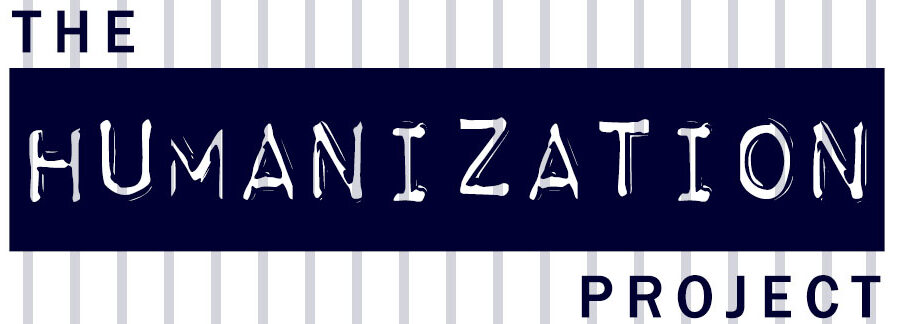
Harry Antwan "Justice" Traynham
Harry Antwan Traynham, also known as Justice, was sentenced to 64 years in Virginia Department of Corrections at 19 years old. As a result of this life-changing circumstance, he became a student of the Nation of Gods & Earths, embracing their principles that “Knowledge of Self is the Greatest Education” and that “Education is the Necessary Means.” He dedicated himself to education, being educated, educating others, and advocating for freedom, justice, and equality. As a result, he believes that his redemption lies in being proactive and being a positive and uplifting factor in his community and in society.
In his efforts to be that positive factor in his community, he has founded Positive Offenders Implementing New Thinking (P.O.I.N.T.), a peer group that is tasked with being educational, political, and socially active within the prison community. Applying this ideology, he is the co-creator and -facilitator of two ongoing educational programs for people behind bars, “The 12 Jewels of Noble Character Program”: (developed by P.O.I.N.T.) and “Man’s Search For Meaning,” centered around Viktor Frankl’s book of that same title. He also co-facilitates the Victim Impact and Seven Habits of Highly Effective People programs. He is also a certified Dialogue Skills Practitioner, baker, and practicing essayist who hopes to publish his collection.
Coming Soon: Justice’s story. From misguided, stubborn young man looking up at decades from The Hole to an educator and leader reaching hundreds of those feeling as low he began.
The hip hop that inspired Justice and kept him going just turned 50, and he reflects watching the Grammy’s tribute.
“Hip hop gives us a message that we have more in common and all we have to do to create a better world is find and embrace a common groove.”
Often misunderstood, Justice considers the power of “No Justice, No Peace” and what it means for us today as we fight some of the same struggles that birthed the phrase.
“It was this sentiment that forced the abolishment of chattel slavery, that fueled the Civil Rights movement, that created the spirit that birthed the Black Liberation movement. It must be this sentiment that drives us.”
Writing to the younger generation going through the same identity struggles he did, Justice offers some wise perspective for growing instead of withering when faced with real hardship. Like prison, but like so many other things.
“Your power always lies in your ability to define yourself and all-around character. For me, prison has become my university and a passport to a better me.”
The way we define and label people forever according to their worst moments creates a cycle that discourages progress, just as it has throughout our history. Today, that applies to the term “violent offender.”
“Labels like “violent offender” today have the same effects as labels that were first used to justify slavery.”
“Truth-in-sentencing was designed to attack the underprivileged. As a consequence, it crippled families, fractured communities, and above all it destroyed a generation and the generation that followed. I am of that generation!”
Honored to give a Black History Month speech, Justice examines the legacy of King’s “I Have a Dream” speech to call his peers to apply its common humanity without ever giving up the fight to realize that vision we still haven’t reached.
“His dream means that we must not allow our protests and struggle to degenerate into empty violence. It means even in our militancy we must see that common thread of humanity that binds us and not act out of destruction but rather uplift and always stand to move all of humanity forward!”
Like everyone forced to grow up behind bars, Justice went through it at times. This poem reflects the inner dialogue in dark moments inside.
“Dreading the blankness of irrelevancy, I fight to matter, to matter beyond the significance of me.”
Written early in the pandemic, Justice describes the psychological weight from death looming in a densely packed space, even as ignorance and apathy and rumor were the only things being offered by prison officials.
“COVID-19 reinforces the feeling that my life is expendable, a feeling that prison already tries to create within us”
